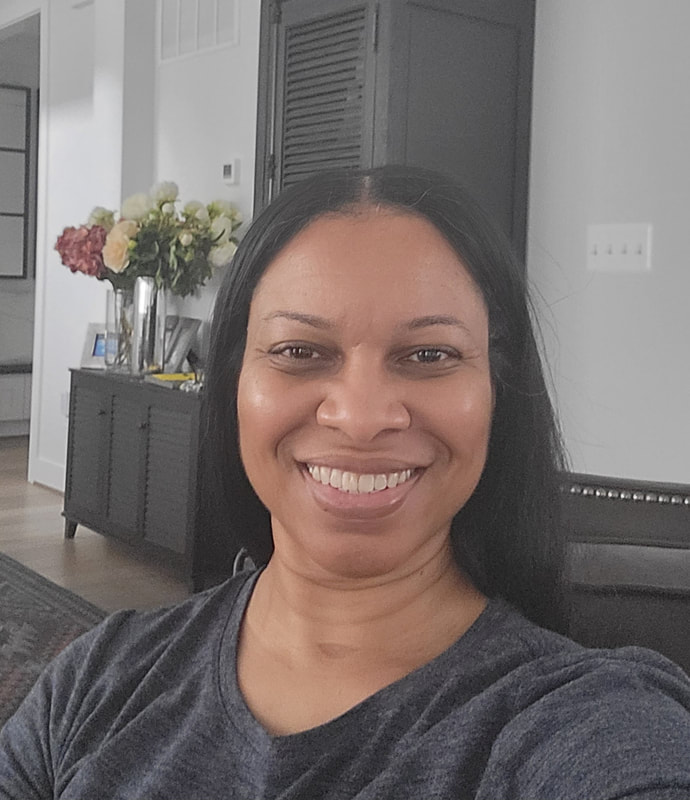|
Why can’t she at least pretend to be interested in my passions, if she loves me? Why does she act like an irresponsible child? Why does she miss deadlines, and forget dates important to our union? Why does she have difficulty managing finances? Why is there a lack of any focus or follow through? Is she committed to the relationship? How would this work with kids? Does this sound familiar? It does to John. He fell in love with a brilliant, sharp witted and adventurous girl with unmatched intensity. When he was sick in bed, she talked and talked and talked, keeping him entertained for hours. However, right after marriage and merger of residence, he began to feel the relationship falling apart. John could not understand how she could transform in seconds from a sweet and a dotting wife to a fire breathing dragon screaming in anger. The tiniest things, such as a spilt cup of milk, could set her off. He was wondering if divorce was the only solution, but he loved her and wanted to sustain his family unit. In the past ADD/ADHD had to be diagnosed before age 7, so adults went through life undiagnosed and untreated. People with ADD/ADHD often would struggle in school, unless someone provided them structure and supervision. At work they may have trouble finishing projects, multitasking, switching activities or even meeting the basic demands of their career without getting overwhelmed. At home they could destroy relationships with their unpredictable mood swings, short fuse, and lack of focus. Fortunately, now, in most cases during graduate school or college, physicians and mental health professionals, can diagnose adults with ADD/ADHD, due to a change in the Diagnostic and Statistical Manual of Mental Disorders. Happily, John was able to regain the trust, intimacy, and open communication he once had with his wife, and the married was saved because his wife was diagnosed with ADD/ADHD and sought treatment, which included couple counseling for work around communication and psycho-education. Are you or someone you know:
These are some, but not all the symptoms of adult ADD/ADHD. If these are affecting your life or that of a loved one, consider talking with your primary care physician or a mental health professional. They can do an assessment for ADD/ADHD and help you better manage your life and relationships. If diagnosed, management and treatment options with professional oversight may include:
Relationships and marriage take two, learning about how ADD/ADHD can impact relationships can help you build trust and strength in your relationships. Seeking both medical and psychological advice and consultation around the appropriate treatment for your unique circumstances is advised. References: Brown, Thomas E. "ADD/ADHD and impaired executive function in clinical practice." Current Attention Disorders Reports 1.1 (2009): 37-41. Brown, Thomas E. "Differential diagnosis of ADD versus ADHD in adults." A comprehensive guide to attention deficit disorder in adults: Research, diagnosis, and treatment (1995): 93-108. Dixon, Ellen B. "Impact of adult ADD on the family." A comprehensive guide to attention deficit disorder in adults: Research, diagnosis, and treatment (1995): 236-259. Kessler, Ronald C., et al. "The prevalence and correlates of adult ADHD in the United States: results from the National Comorbidity Survey Replication." American Journal of psychiatry 163.4 (2006): 716-723. Nadeau, Kathleen G. Adventures in fast forward: Life, love and work for the ADD adult. Routledge, 2013.
3 Comments
9/23/2022 12:51:26 am
This was a great and interesting article to read. I have really enjoyed all of this very cool and fun information. Thanks
Reply
10/30/2022 11:48:13 am
There are many challenges that come along with being in a marriage or committed relationship when one or both partners have Adult ADD/ADHD. For starters, it can be difficult to keep track of important communication, leading to misunderstandings and conflict. One partner may feel like they are always nagging the other to stay organized and on track. Finances can also be a difficult area, as one partner may tend to be more impulsive with spending. Time management and division of labor can also be difficult to navigate when one partner has ADD/ADHD. In addition, intimacy can be a challenge when one partner has ADD/ADHD, as they may have difficulty with focusing and may be easily distracted.
Reply
12/20/2023 03:39:07 am
What a wonderful post, you have put quite a lot of effort into this one, I can tell. Love everything about this, great post. Hope to see more such posts from you soon.
Reply
Leave a Reply. |


